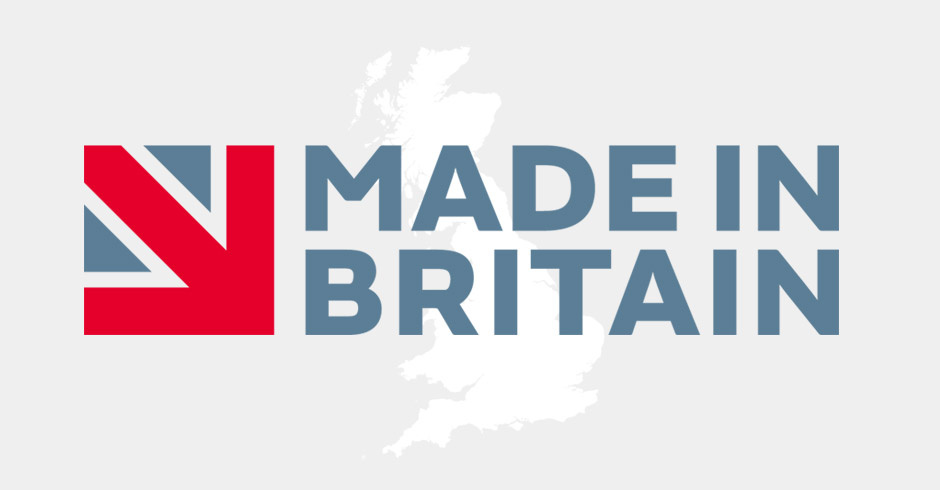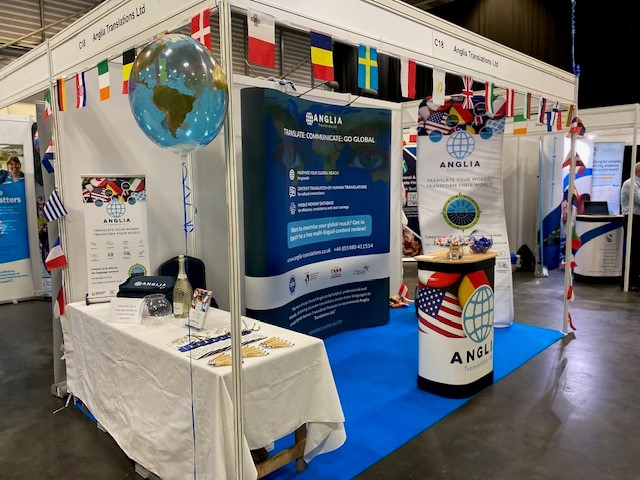Where should I market my product?
Britain has always had a great reputation for producing quality products. From food to fashion, cars to clothes, if it’s part of brand Britain, foreign consumers are prepared to pay a premium to get their hands on it. For such a small nation, our reputation is enviable. However, it’s not just our European neighbours that know and love our products. According to Barclays Corporate Banking, consumers in Asia and the Middle East are also big fans of anything bearing a Union Jack.
Leverage the good name of British products
People make presumptions based on a product’s country of origin. We all have certain preconceived expectations if we know a car is manufactured by a German automotive brand, or if a suit is made by an Italian fashion house. Sometimes these stereotypes aren’t even conscious, but this doesn’t mean we should underestimate the impact they can have on influencing a consumer’s choice.
Having our products viewed so favourably globally also means foreign consumers are prepared to pay a premium to buy British. When 73% of 25-34-year-olds surveyed in China say a product being made in Britain would influence their decision, it really is time to consider entering new markets.

Untapped growth potential
Expanding your reach to a global audience will not only increase your sales, it will make your company more stable and less likely to be rocked by local or national fluctuations. With the advances in technology and improvements to logistics, it’s easier than ever to reach your potential customers, both in the digital and physical world.
At a time when the UK is mired in uncertainty and doubt, the rampant consumerism being enjoyed in Brazil, China, and Argentina would provide a completely new dimension to your business.
Be bold in a restrained way
The excitement of the potential for increasing your revenues and growing your business can easily make you act too quickly. First impressions count. When you enter a new market, you want to be sure everything is as good as it can be. This means being as prepared as possible.
How you prepare to enter a new market will partly depend on how you intend to make it happen. Will you be selling directly to consumers or through a distributor? Will you need any strategic partnerships to ensure you keep your promises? Is every aspect of your brand’s communications in the native tongue of your target market?
Failing to translate your marketing materials, instructions, and anything else that helps to build your brand identity could be a costly mistake. Using a cheaper option, such as Google translate, could be even worse. You’re not just exporting to a new market, but you’re now operating in a different culture. Any adjustments for the local market must consider the nuances and sensitivities of the local culture.
This process is called transcreation, where your message is adapted to suit your new market without losing any of its original tone, style, or context. To successfully enter a new market requires help with lots of rules and regulations you will be completely unfamiliar with. A professional translation company will also be able to help you navigate these and deal with any legal requirements, giving you complete peace of mind that you’re in safe hands.
For more information, check out our guide to exporting here >



